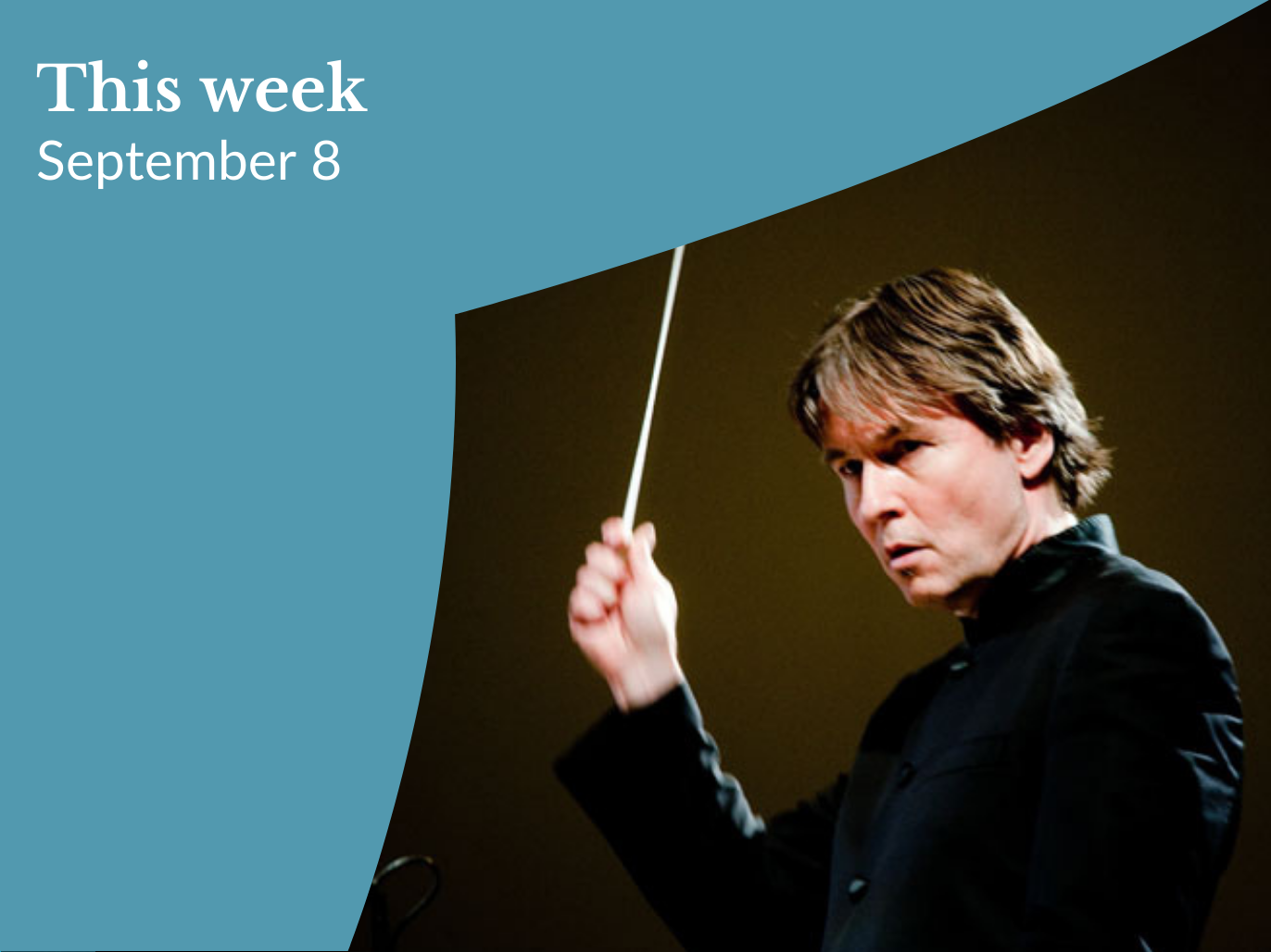As medici.tv’s Chief Content Officer I spend a lot of time thinking about classical music—and a lot of time on the internet. Here’s my selection of the top five news items you need to see this week if you want to stay in the know.
View author's page
Reading time estimated : 6 min
The Met partners with Saudi Arabia to solve financial woes (NYT)
New York’s Metropolitan Opera announced a controversial new partnership this week that will see the prestigious company hold an annual 3-week residency in Saudi Arabia each winter in exchange for an undisclosed sum reported to be upwards of $100 million. The deal follows heavily-mediatized financial woes, which have required the Met to dip into its endowment. This controversial new collaboration has come as a surprise to many, given director Peter Gelb’s track record as an advocate for human rights (the Met previously cut ties with the Bolshoi Theater and numerous high-profile Russian artists, for example). Gelb has responded to critics by saying it was time to “put the survival of the institution of the Met first” and that he viewed it as an opportunity to promote “human understanding and compassionate thinking.”
Esa-Pekka Salonen takes on new challenges in Paris and L.A. (Le Monde & LA Times)
As celebrated conductor Esa-Pekka Salonen wraps up his tenure at the San Francisco Symphony, the classical world has been eagerly awaiting news about the maestro’s next move and this week a pair of announcements revealed new roles in France—as Principal Conductor of the Orchestre de Paris and Creativity and Innovation Chair at their home hall, the Philharmonie de Paris—and California, where he will be Creative Director of the Los Angeles Philharmonic. It’s interesting to note that neither role carries the traditional title of Music Director, which typically carries more administrative responsibility. Both cities will reportedly collaborate on an international conducting fellowship and a joint festival.
Gustavo Dudamel and the Simón Bolívar Orchestra opened for Coldplay (BBC & ClassicFM)
Classical music just got another shot of mainstream visibility, thanks to Coldplay, who invited Gustavo Dudamel and the Simón Bolivar Orchestra to open for them at London’s iconic—and enormous—Wembley stadium. Over the course of ten-nights, the ensemble performed in front of close to 1 million people. Dudamel is no stranger to playing for pop crowds: he has previously led orchestras at the Superbowl (once again, thanks to an invite from Coldplay), and earlier this summer at Coachella, which he sees as opportunities to break down barriers: “We live in a world of walls and borders – and that happens with music, too. But it’s been one of my goals to break that down.”
The BBC has both a video interview with Dudamel and a profile of 26-year-old orchestra violinist Pathrycia Mendonça. ClassicFM also shared behind-the-scenes coverage on social media:
Conductor Christoph von Dohnanyi passed away at 95 (Cleveland)
Esteemed German conductor Christoph von Dohnanyi died at 95 this week in Munich. He led the Cleveland Orchestra from 1984 to 2002, elevating its global stature through acclaimed recordings, international tours, and bold programming. “I learned so much from this orchestra. This absolutely boosted my understanding of music and music-making. It was a very important time for me. It set standards. If you go to other places, you know what’s possible. Nobody can tell us it’s not possible if I’ve done it here.”
The Guardian debates: should we separate art and politics? (The Guardian)
An interesting discussion has been unfolding in the pages of The Guardian over the past couple of weeks, triggered by soprano and longtime former Putin supporter Anna Netrebko’s inclusion in a run of Tosca at the Royal Ballet and Opera. A series of Letters to the Editor criticizing Netrebko’s hiring was published in mid-August, as was a petition signed by numerous political figures. Then critic Martin Kettle explored the issue in an op-ed, calling the choice “a slow car crash event” that “would not have happened if Covent Garden had been smarter about the reputational dangers, and how they are multiplied in the social media age.” Another set of Letters to the Editor followed in response, and finally a second op-ed from Kettle, this time more broadly reflecting on the separation between art and politics over the past half century.

